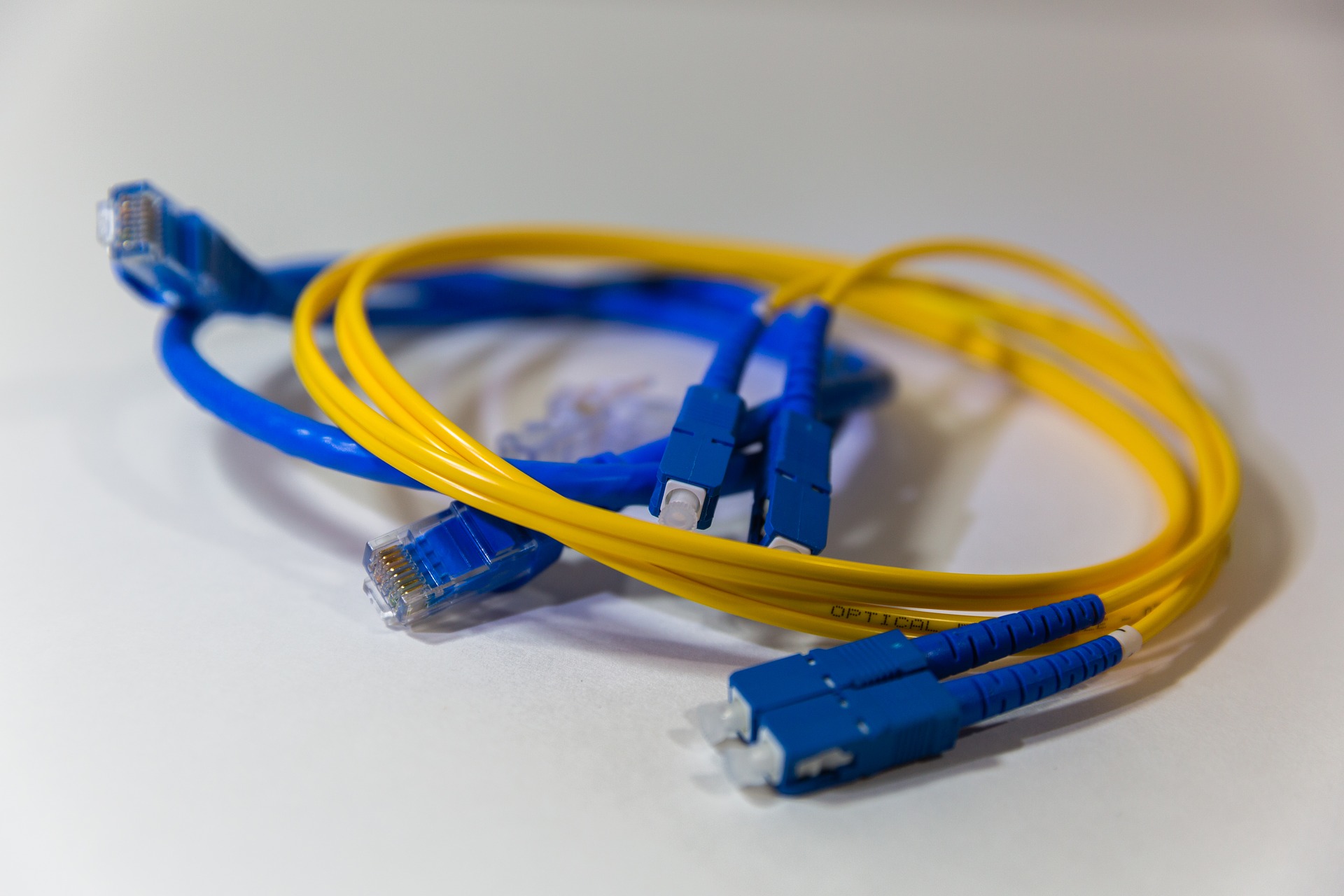Did you hear? Cincinnati Bell is changing its name. WCPO reports, "The big change comes six months after an Australian private-equity firm bought Cincinnati’s former phone company with the goal of rapidly expanding its fiber-optic networks in Ohio, Kentucky and Indiana." What's their new name? Altafiber.
Cincinnati Bell has rebranded several times. They've also changed their business model over the years, usually following new developments in technology. The most recent change has to do with the way people get their broadband internet signal. While many ISPs still rely on metal cables to deliver broadband, Cincinnati Bell has become the area's main provider of fiber optic internet. Let's learn some of the ins and outs of fiber optic technology.
What are Fiber Optics?
Fiber optics, or fibers, are cables with a glass or plastic core, which is encased in a protective outer layer called a cladding. Originally used to transmit light across long distances, they have been adapted to transmit all kinds of signals, including broadband internet.
Conventional cables are made of copper or other conductive metals. Copper wires are relatively cheap to produce, but they have some draw backs. For one thing, signals transmitted through copper wires tend to loose strength over distances. What's more, copper is susceptible to interference from strong electromagnetic fields.
In contrast, fiber cables can keep their signal strength, even when transmitting over large areas. They're also better insulated from electromagnetic interference. Moreover, fiber optics can carry higher signal bandwidths--meaning they can transfer more data at higher speeds--than metal wires. The downside? Fiber optics are more expensive, both to produce and to maintain.
Fiber Future
According to the WCPO article, Cincinnati Bell currently provides high-speed fiber optic internet service to 60% of households in the Cincinnati area. They're also expanding into areas around Dayton.
With investment and time, fiber optics could come to entirely replace metal internet cables. Their higher bandwidth rates mean that 5G technology could reach more households, enabling fast, reliable service to more communities.
There's no way of getting around the expense, though. CNET compared different fiber optic internet providers early last month. They ranked AT&T as the best overall fiber internet provider, and their plans cost a minimum of $55 a month. Higher speeds can cost as much as $180 a month.
Another issue is availability. Rural areas, in particular, struggle to get reliable broadband access. In some cases, rural residents may even need to rely on alternative delivery methods, like satellites, to get any broadband access at all.
In truth, Cincinnati businesses have a range of choices when it comes to choosing an ISP. Some ISPs provide cable internet, and others provide internet via satellites. Like we mentioned before, Cincinnati Bell, or, excuse us, altafiber, is currently the main provider of fiber internet in the area. Spectrum, which provides internet through conventional cables, is its main competitor in terms of households served. Both provide similar internet speeds and neither have data caps.
Do you need help choosing an ISP for your business? Not sure if switching to fiber internet is a good idea? Titan Tech can examine your current business needs and advise on whether fiber internet is right for you. Give them a call today to schedule a free consultation.
And join us next week for more tech news.

